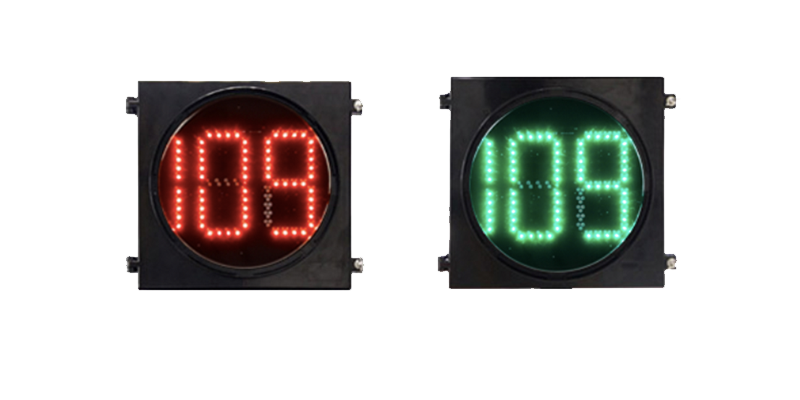Are traffic signal countdown timers safe?
Traffic signal countdown timers have become increasingly common at intersections worldwide, providing motorists and pedestrians with real-time information about the time remaining until the traffic signal changes. These timers aim to improve safety, reduce driver frustration, and enhance overall traffic flow. In this article, we will explore the safety aspects of traffic signal countdown timers, addressing concerns and highlighting their benefits in promoting safer and more efficient road usage.
Improved Awareness and Decision-Making: One of the key benefits of traffic signal countdown timers is the increased awareness they provide to road users. By displaying the time remaining until the signal changes, drivers and pedestrians can better anticipate the signal's transition, allowing them to make informed decisions regarding their actions. This enhanced awareness promotes safer driving behavior, reducing the likelihood of last-minute maneuvers or sudden stops.
Reduced Red-Light Violations: Traffic signal countdown timers have shown to effectively reduce red-light violations at intersections. With the knowledge of the remaining time, drivers are less likely to take risky actions in an attempt to beat the red signal. The timers serve as a visual reminder, encouraging motorists to adhere to traffic laws and wait for the signal to change, ultimately reducing the occurrence of potentially dangerous collisions caused by red-light running.

Pedestrian Safety and Crosswalk Management: Countdown timers greatly benefit pedestrians by providing them with valuable information about the time remaining to cross the intersection safely. Pedestrians can gauge whether they have sufficient time to complete their crossing or if they should wait for the next signal cycle. This helps prevent pedestrians from being caught in the middle of the road when the signal changes, reducing the risk of accidents involving vehicles.
Reduced Driver Frustration and Stress: Traffic signal countdown timers help alleviate driver frustration and stress by providing transparency and predictability. Knowing the time remaining until the signal changes allows drivers to plan their actions accordingly, leading to smoother traffic flow and less congestion. When drivers are aware of the signal timing, they can anticipate the signal change and adjust their driving behavior, reducing anxiety and enhancing overall driver experience.
Enhanced Traffic Flow and Efficiency: By promoting a more efficient use of road space, traffic signal countdown timers contribute to improved traffic flow and reduced travel times. When drivers have a clear indication of the time remaining, they can anticipate the signal changes and adjust their speed accordingly, reducing abrupt braking or acceleration. This results in smoother transitions between signal cycles, minimizing traffic congestion and improving overall roadway capacity.
Consideration for Intersection Specifics: While traffic signal countdown timers offer numerous benefits, it is important to consider their suitability for specific intersections. Factors such as intersection design, traffic patterns, and pedestrian volumes should be taken into account during the implementation of countdown timers. Proper calibration and synchronization with adjacent signals are also crucial to ensure consistent and accurate information for road users.
Conclusion: Traffic signal countdown timers have proven to be effective tools in enhancing safety, reducing red-light violations, and improving traffic flow at intersections. By providing real-time information about the remaining time until signal changes, these timers enhance awareness, decision-making, and adherence to traffic laws. Pedestrians benefit from increased safety when crossing, while drivers experience reduced frustration and stress. Overall, traffic light countdown timers contribute to safer and more efficient road usage, promoting a harmonious and organized flow of vehicles and pedestrians. As with any traffic management feature, the implementation of countdown timers should be carefully planned, considering the unique characteristics of each intersection to ensure maximum safety and effectiveness.

Comments